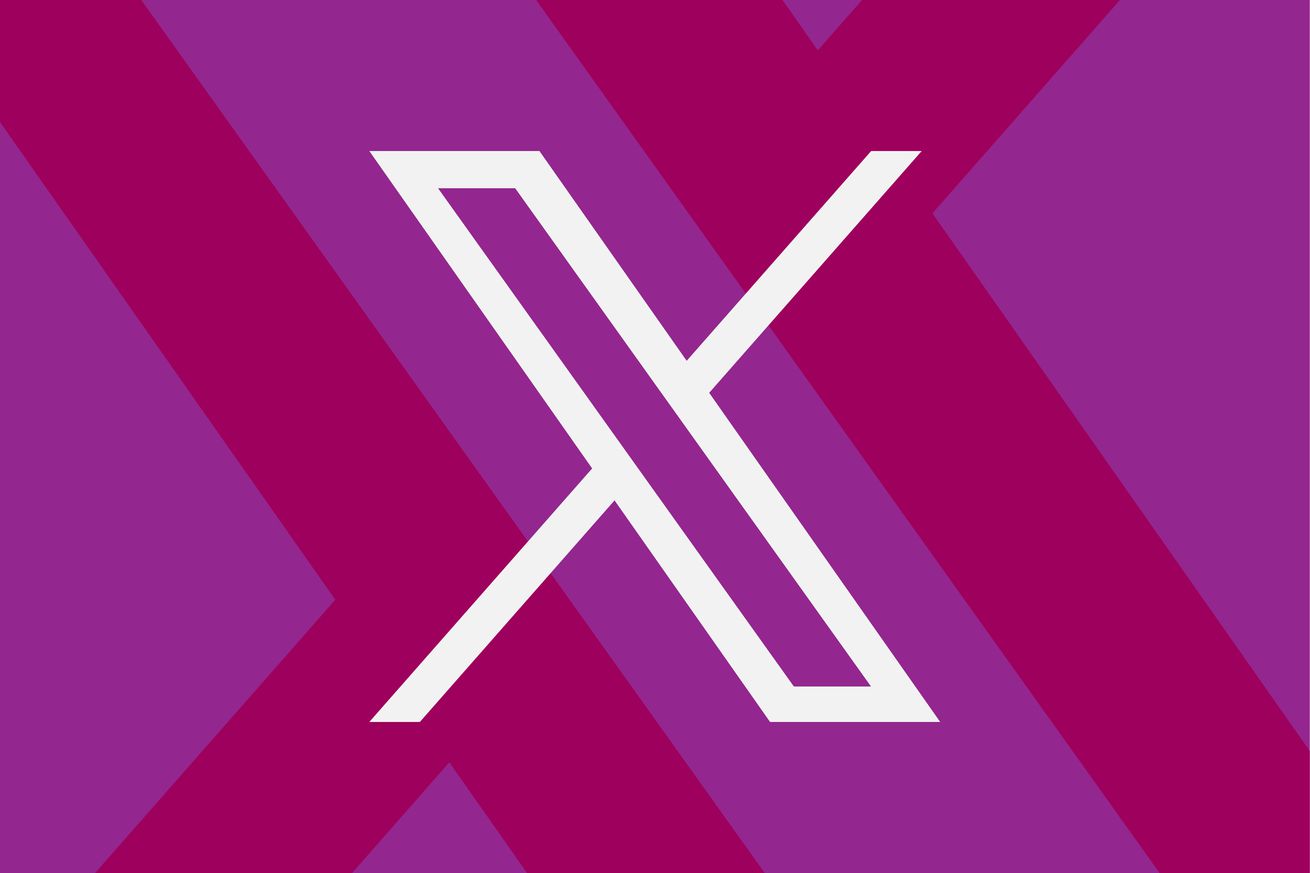Twitter is called X now, and the logo still looks weird to anyone who was used to the blue bird. | Illustration: The Verge
The platform formerly known as Twitter still takes a surprisingly long time to load a few bytes of data — at least, if that data leads to a platform that Elon Musk might consider a competitor. An analysis by The Markup has found that X makes users wait about two and a half seconds to access links to Facebook, Instagram, Threads, Bluesky, and Substack.
If you click a link on X, you get redirected via X’s link shortener, t.co. Most sites load within 30 to 40 milliseconds. Meta’s platforms, Bluesky, and Substack take more than 60 times longer. The Markup has built a tool that lets you check the load times to any domain yourself.
It isn’t the first time X has throttled competitors. In August, an analysis by The Washington Post revealed that X put a delay in place both for other social media sites and news organizations that Musk had publicly and frequently attacked. The affected domains included The New York Times and Reuters. Back then, users had to wait five seconds to get redirected.
After the analysis had been published, X reversed the throttling on some sites. At least the Times and Reuters aren’t affected by the current slowdown. It’s unclear if X ever stopped throttling competing social platforms; Musk dislikes Meta and Mark Zuckerberg even more than the media.
In 2017, a Google study found that slow load times can harm the companies that run the sites. As page load times went from one to three seconds, the probability of users abandoning the link increased by 32 percent. Substack told The Markup: “Writers cannot build sustainable businesses if their connection to their audience depends on unreliable platforms that have proven they are willing to make changes that are hostile to the people who use them.”
For Musk, that’s a common tactic. X temporarily disabled likes, replies, and reposts if a post contained any links to Substack. Users were also briefly banned from linking to Mastodon, Instagram, Facebook, and other competitors.
The Markup spoke to Max von Thun of the Open Markets Institute, who researches antitrust and competition issues. He considers the slowdown “an anti-competitive tactic designed to undermine X’s rivals and keep users on its platform.”
The behavior would likely be illegal for a powerful “gatekeeper” under the Digital Markets Act, a regulation the EU put in place to ensure fair competition. So-called gatekeepers have to comply with all the provisions by March 2024. X is too small to qualify for gatekeeper status, but Thun still thinks that regulators should launch antitrust investigations into its link throttling. “If proven, then those authorities could fine Twitter and force it to end the practices in question,” he told The Markup.


